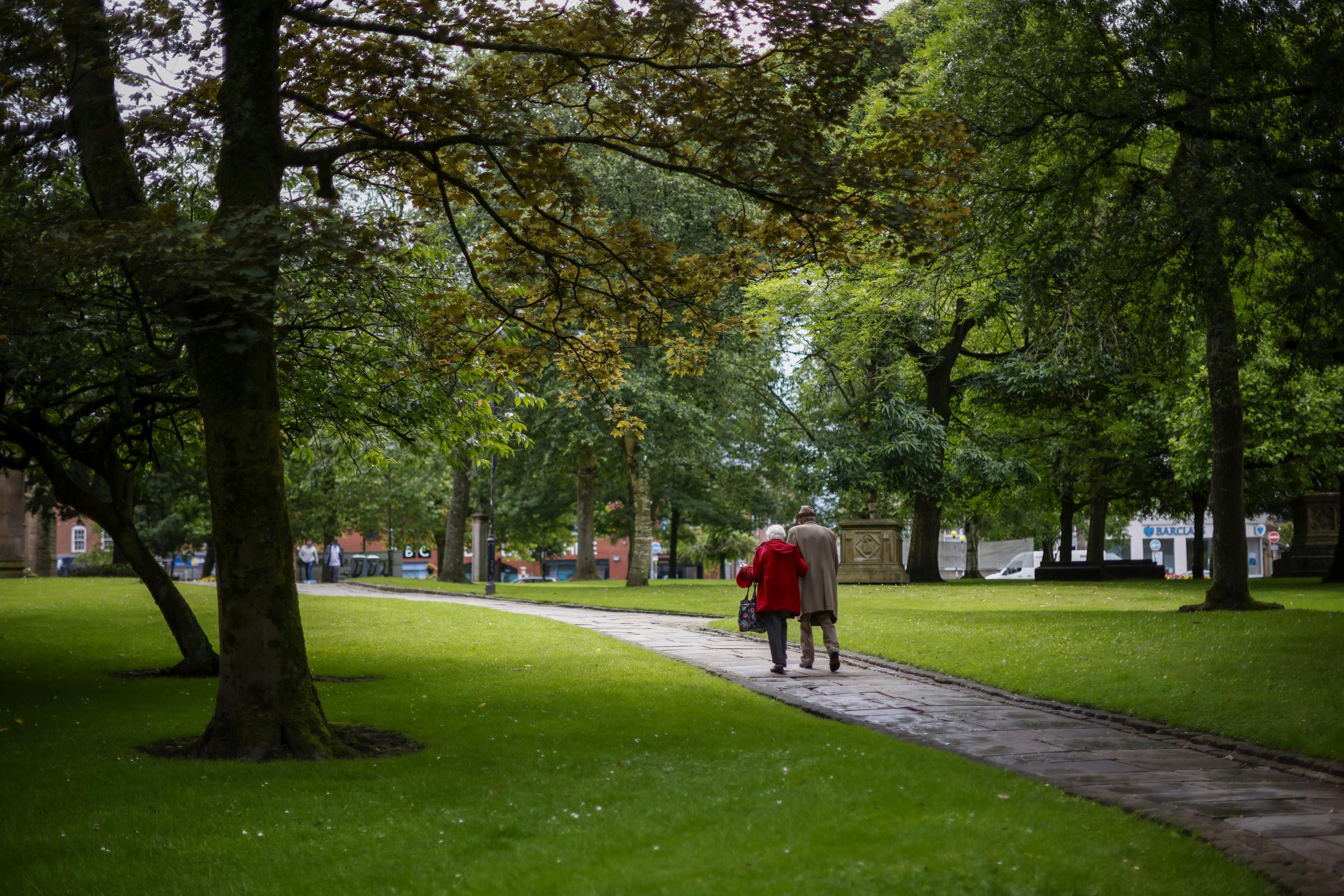Having control in our lives was a complete delusion, but we're only learning that lesson now
Until this cruel and desperate point, we gloried in the idea that we were somehow protected and insulated by the safety that knowledge, planning, science and perhaps wealth afforded us

The sudden and horrific arrival of the coronavirus has taught us many things. These include the fact that Zoom is an amazing piece of technology, and that posting pictures of warm, homemade banana bread is the cornerstone of our civilisation. However, it may be that the most important lesson is that we don’t control nearly as many things as we like to think.
Since the industrial revolution, our society has worked enthusiastically to subjugate nature to our control. We have dammed rivers that used to flood once a year and drown hard-working peasants. We have piped water hundreds of miles so that we can build cities in places where cities ought not to be built. We have extended the lifespan of the human to twice that of those unfortunate and muddy people who lived 150 years ago.
As this happened, our sense of control over our environment became improbably swollen. Through use of money and education, we gained a wholly mistaken sense of control over life in general. So much so that we gradually felt no need for that ultimate guarantor of control: the idea of a God or religion. Confident in our own ability to protect ourselves against the slings and arrows of an uncontrollable universe, we retrenched this figure and placed our confidence in the strength of our civilization to protect us instead.
Science. Money. Education. These things would protect us.
Or not, as it turns out.
With much of the human population of our planet slowly coming out of house arrest, reading wildly contradictory information pumped out by a scientific community that is as clueless as a five-year-old attempting trigonometry or a Labrador performing aortal bypass surgery, we are left adrift, lost and confused. Stripped of that sense of control that was so dear to us.
That idea of control was, of course, a complete delusion.
Eventually we all discovered that. Whether it was a confrontation with a cancer completely beyond the grasp of medicine, or a car accident that was no fault of anyone involved, sooner or later it happened to everyone. But until that cruel and desperate point, we gloried in the idea that we were somehow protected and insulated by the safety that knowledge, planning, science and perhaps wealth afforded us. That idea is now gone. We find ourselves discovering what people living in the 16th century knew very well: we don’t really control very much at all.
As John Webster said in The Duchess of Malfi, “We are merely the stars' tennis-balls, struck and bandied. Which way please them.”
Accepting this is hard for the modern mind. But by doing so, we can perhaps learn one of the most important lessons that life has to teach us.
The reality is, and always has been, that we control very little. And only by accepting this can see life or what it really is, and be equipped to deal with it. Sort of.
Join our commenting forum
Join thought-provoking conversations, follow other Independent readers and see their replies
Comments
Bookmark popover
Removed from bookmarks